Sunday Reflections: That’s Me in the Corner, Losing My Confidence (as a Reviewer)
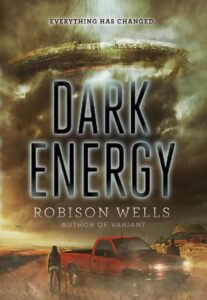 I like Science Fiction. Like, a lot.
I like Science Fiction. Like, a lot.
I especially like Science Fiction that has alien invasions. Remember the moment in Independence Day when Will Smith walks out of the house to get the paper and he looks to the left, then he looks to the right, and then he finally looks up and realizes that a giant spaceship is hanging right there over his head? I love that moment.
In the past few years, Science Fiction has been saturated with dystopian and post apocalyptic novels. Don’t get me wrong, I like those too. But I eat up every alien invasion I can get my hands on.
ADVERTISEMENT
ADVERTISEMENT
Which brings me to Dark Energy by Robison Wells. Which I really loved. I think.
It’s complicated.
Dark Energy takes place almost immediately after alien invasion has occurred. It’s what happens after Will Smith and the rest of the world looks up and realizes that yes, aliens exist and they are most definitely here. In this case we know this because they have just crash landed. They may be here, but they don’t seem to be very good drivers.
Alice’s father is the head of a special unit that is responsible for investigating what’s happening. So they pack up and move to the Midwest where Alice is stuck in a boarding school with strangers while the world tries to figure out who these visitors are and what they want.
As far as alien invasions go, this is a very entertaining one. Wells puts some very interesting twists on the story. Our original invaders may not be who we think they are. They may not be the only invaders. There are twists, turns, and action packed road trips that take your typical alien invasion story to the next level. Add that to a strong, interesting, and incredibly competent female main character who gets to be a type of hero in her own story and I’m sold.
But . . .
(Isn’t there always a but . . . ?)
Alice is part Native American. This is referenced often. In fact, at one point she flees for safety to a reservation where her grandmother lives. And this is where things get complicated for me as a reviewer.
You are probably aware that earlier this month, author J. K. Rowling began releasing a variety of information about the wizarding world in North America. You are probably also aware that some of this information involves stories about Native Americans. And you are also probably aware that this didn’t go well for her. There were strong reactions about cultural appropriation and misrepresentation, which you can read about here, which were followed in the online community by conversations about how we talk about book criticism/critiques online to the author and to one another.
For me, it was a very interesting discussion. You see, when I read Dark Energy by Robison Wells I then reached out to one of my fellow TLTers. “I really liked this book,” I said, “but I’m kind of scared to review it because I don’t know what to make of the Native American content. It feels like he is being very respectful, but what if I’m wrong?”
And it does. It feels like Robison Wells has been very respectful of Native Americans in this book. He references the history of Native Americans in ways that draw meaningful and appropriate parallels to what is happening in the book; it was, in my opinion, such a subtle but effective way to remind readers that the American people did horrible things to Native Americans under the guise of being the more knowledgeable and helpful people group. And he includes an afterwards where he discusses his own history, research and beta reading process. In fact, he mentions how those he consulted asked him to take out parts of a sacred ceremony that he includes, dialing it back until it was at a place that those readers were comfortable with. He obviously tries very hard to get it right.
But does he?
I don’t know. Because I have no point of reference to make that observation. I am not Native American. This is not my culture. These are not my stories to share and I have no right to say if he gets it right.
So what do I, as a white reviewer, do? This is a question I have been wrestling with. And I wrestled with even more when another fellow TLTer texted me the other day and said, “I read this book that has a mixed race mc with a disability and I think the author does a good job, but I’m kind of afraid to review it. What if I missed something?”
What if I missed something?
That’s the question I have been wrestling with as a reader and a reviewer.
When I review, I think about several things.
1.) Will my teens want to read this book? I’m spending other people’s money and I want to make sure that I am buying books that my teens want to read. Books that just sit on the shelf are of no value to me because if my circulation goes down, then so does my budget. I believe in serving teens, which requires money, so I work hard to build collections that circulate. I want teens to read so I tend to buy the books they want.
2.) Do my teens need to read this book? Not all books have to be world opening and have teachable moments, I buy plenty of fun, entertaining reads. But I also want to make sure my collection is peppered with books that stir the soul, make readers think, and can possibly change their world view. Sometimes you read a book and when you are done you think, everyone needs to read this book.
3.) Will reading this book harm my teens? This is something newer I have been thinking about. And I’m not talking here about sex, drugs and violence. I’m talking about representation. I’m talking, more specifically, about bad representation. I’m talking about fat shaming, slut shaming, harmful stereotypes, and blatant misrepresentation that reinforces cultural norms that make life difficult or dangerous for my teens. This is where a lot of the conversation lately has been online in the kid/ya lit world.
ADVERTISEMENT
ADVERTISEMENT
And as a librarian, this is where it gets tricky. You see, librarianship is in many ways supposed to be a neutral profession. I am not supposed to impose my personal views or opinions on others. But what does this mean when we come across fiction titles that have bad or even outright harmful representation? THIS is I think the question that many of us in youth librarianship are wrestling with. Because it puts two of our professional values in direct conflict with one another: serving teens, which I believe means valuing and advocating for them, and professional neutrality. It’s even more complicated by the fact that librarianship is still a predominately white, female profession. I, as a reader, a reviewer and a librarian, sometimes miss things.
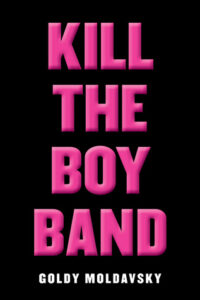 And teens can miss even more. So now let’s discuss Kill the Boy Band, shall we? We shall.
And teens can miss even more. So now let’s discuss Kill the Boy Band, shall we? We shall.
Kill the Boy Band is a recent release in which a group of girls kidnap a boy that is the member of a popular boy band, think One Direction. It is billed as a fun, darkly humorous read. And one of my teen reviewers agreed very much with this billing. She loved the book. So I was surprised when I started hearing people online complain about fat shaming in this book. My teen reviewer, age 13, never mentioned this at all. And to be fair, 13 is young, she is not yet a sophisticated reader and she doesn’t have a lot of life experience or frame of reference to pick apart all the subtle nuances of a book. Heck, a lot of adult readers don’t.
But this very different reading of the same work got me thinking even more about reading, reviewing and representation. It got me thinking even more about teen readers. My teen reviewer read and loved this book and didn’t blink once at this content that many adults found to be not just problematic, but dangerous. And as a former (?) anorexic, I take body image representation very seriously. I live in fear of my daughters developing the same body image issues that I have struggled with my entire life. And I know that they take in subtle digs every day that help build this often subconscious idea that how you look – especially as a woman – matters more than anything. It really bothered me as someone who cares about teens that my teen reviewer didn’t seem to bat an eye at what others considered to be such problematic content. So much so that out of curiosity, I asked an older teen reviewer to review the book as well to see what she says and her review will go up tomorrow.
This is not a post where I come to you with answers. I have none. This is a post where I come to you discussing the many ways in which I am wrestling with what it means to be a teen librarian in a diverse world that is having important discussions about representation in YA literature and how it impacts readers. I don’t even have a good way to wrap this post up. This is stream of consciousness. It’s complicated. It’s messy. It’s real life.
I’m listening.
I’m wrestling.
I’m reading.
I’m thinking.
I’m talking.
And I hope at the end of the day, I am mostly getting it right. For my teens.
Because at the end of the day, to me, that’s what matters. The teens that I serve. And the ones I’m raising.
PS: Props to REM for the great post title inspiration. And a great song.
Filed under: Diversity, Diversity Discussions, Diversity in YA, Sunday Reflections
About Karen Jensen, MLS
Karen Jensen has been a Teen Services Librarian for almost 30 years. She created TLT in 2011 and is the co-editor of The Whole Library Handbook: Teen Services with Heather Booth (ALA Editions, 2014).
ADVERTISEMENT
ADVERTISEMENT
SLJ Blog Network
2024 Books from Pura Belpré Winners
Passover Postings! Chris Baron, Joshua S. Levy, and Naomi Milliner Discuss On All Other Nights
Winnie-The-Pooh | Review
Parsing Religion in Public Schools
ADVERTISEMENT



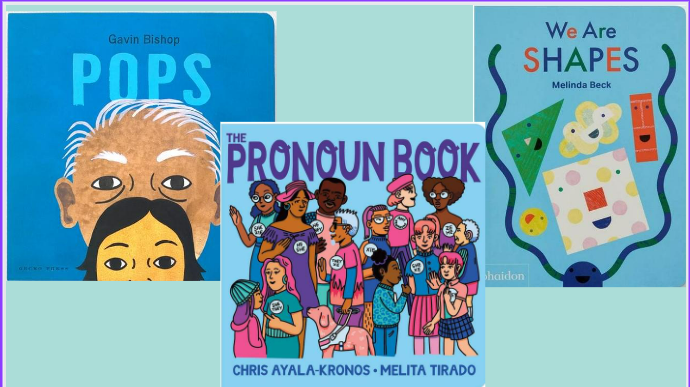
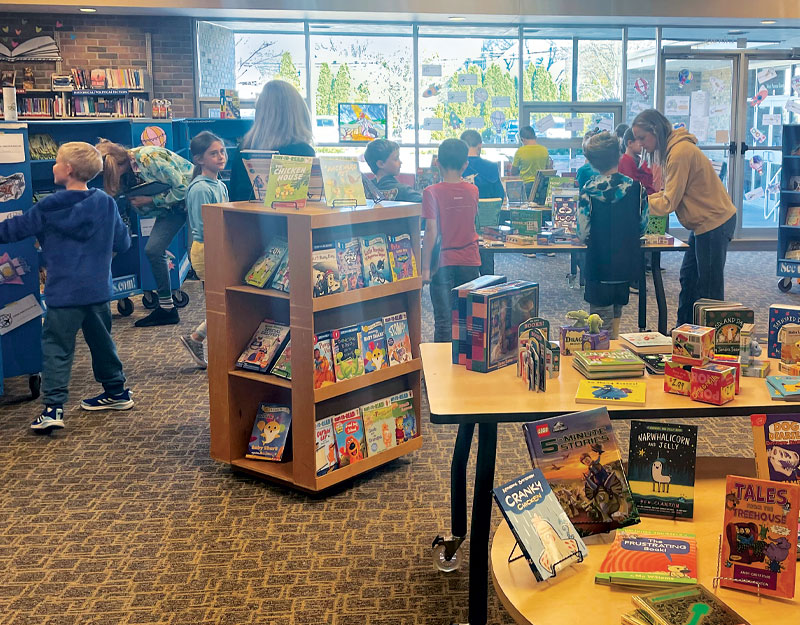
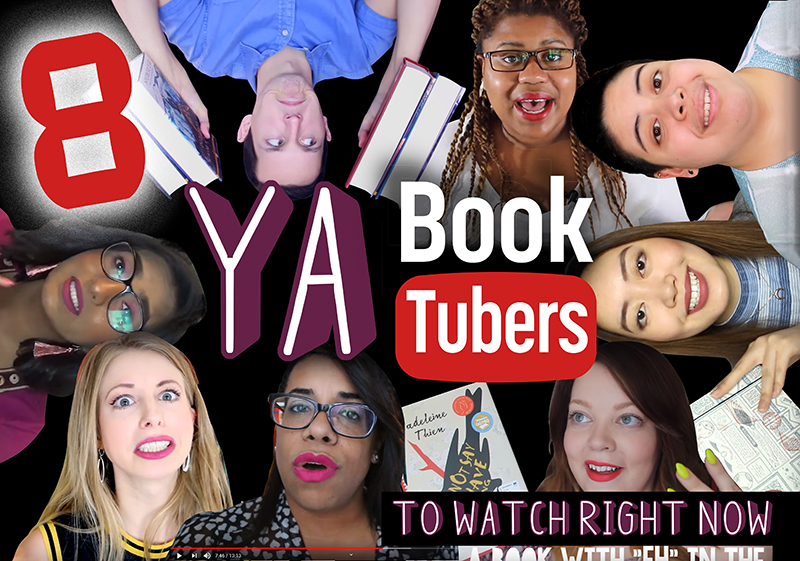
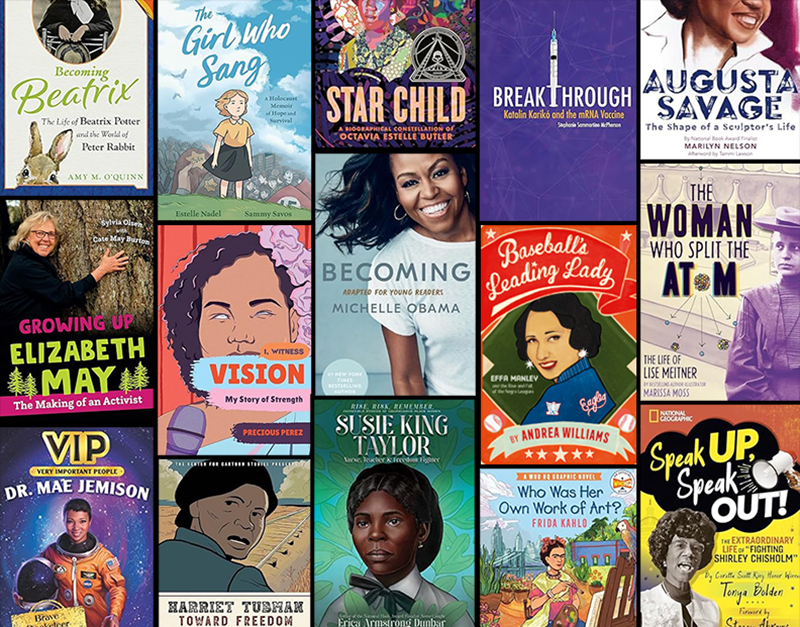
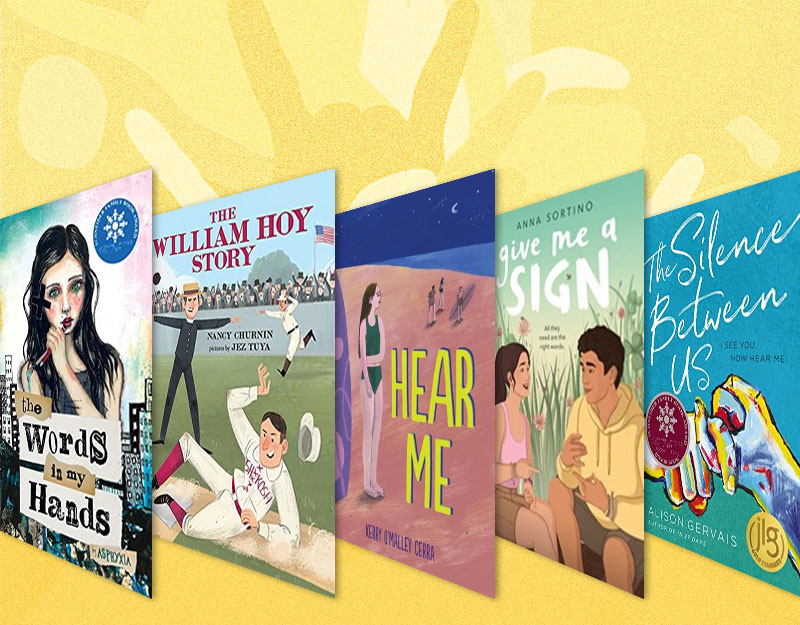
I have a LOT of thoughts about this but haven’t yet been able to organize them into anything coherent. Here are a few:
I’m glad that you outlined your priorities when reviewing a book; I wish more people would do this. Reviews for selectors serve different functions than reviews for the reading public, and I think the book blog explosion has collapsed that gap in ways that aren’t always helpful. Also, most libraries can never dream of buying anything; as soon as the conversation becomes “can I justify buying/not buying [controversial title X]?” instead of “which 150 of the 5000 books published this year am I going to buy?”, negative advertising, so to speak, has won.
Here’s what I know: based on my own stew of both privileged and minoritized experiences, there are some reviews I don’t even read. There are some authorial motivations I automatically distrust until proven otherwise. I don’t think everyone is qualified to review every book, but books that don’t get reviewed often don’t get considered. (Insert pro-con essay here about diversifying reviewers first vs. diversifying books covered first.)
But as a selector, I’d rather know that you liked elements of a book but don’t know what to make of the Native American content; that lets me know that I need to seek out more information (and/or, in some cases, read the book myself before booktalking). That’s much more helpful for me than either a) have that identity elided in the review, or b) have the reviewer pontificate about something they don’t actually understand. (And every experience of the world is distinct, so even when I have “insider knowledge”, I like to hear from other insiders, particularly if a book rang false for me.)
Karen,
I downloaded/read the ARC yesterday. It is an interesting read. Author took care with ceremony and what to/not to share. That’s a huge plus and I am glad to see that particular bit of info in his author’s note. As a Pueblo Indian woman (from Nambe, not one of the pueblos named in the book), the abduction plot and what happened to the abductees makes me uneasy. I want to look this up, but some of this echoes an old book/movie (Chariots of the Gods) and it also reminds me of Brave New World, which I have to do an in-depth study of sometime! I also have to look up the use of Keres. I think that is one for which there is a preference that it not be written down.
Thinking… looking things up…
Debbie
Thanks for commenting Debbie. Also, I have never read Brave New World, oops. The abduction plot is indeed interesting. I’ll be looking to see more of what you have to say.
Karen
Karen–review is done. http://americanindiansinchildrensliterature.blogspot.com/2016/03/dark-energy-by-robison-wells.html